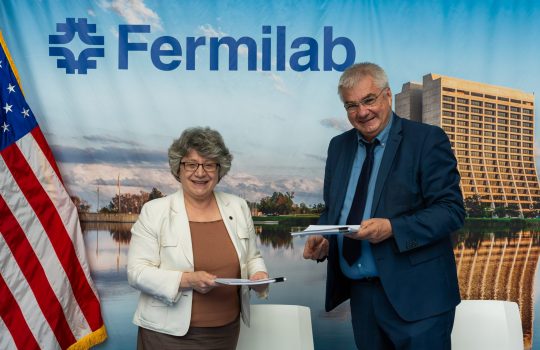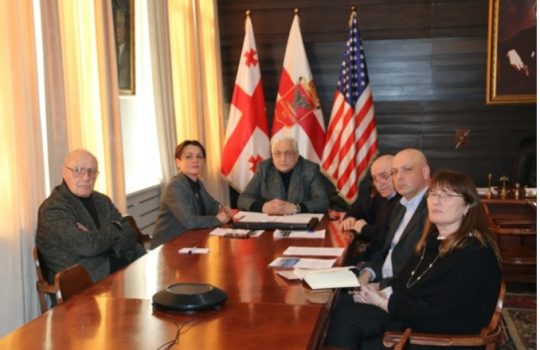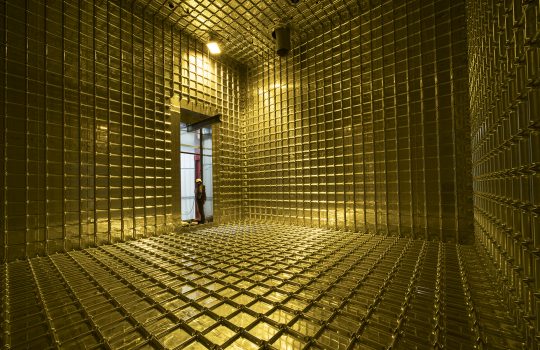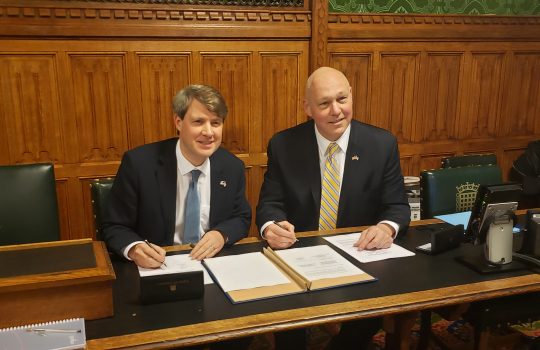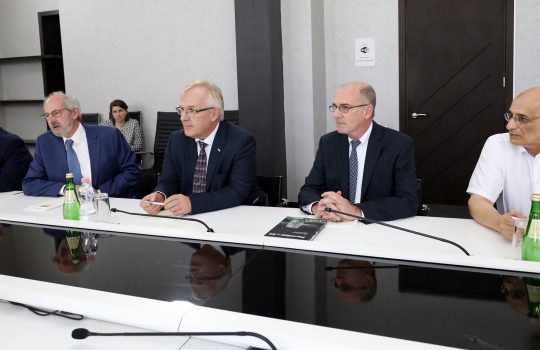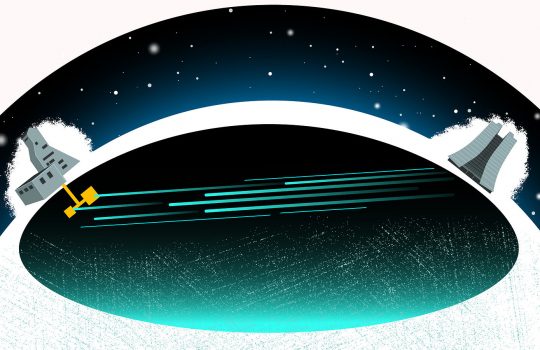CERN moves forward with support for Fermilab-hosted neutrino experiment, DUNE
Building upon agreements signed in 2017 and 2021, the new signing with Fermilab details CERN’s contributions to the international Deep Underground Neutrino Experiment, which will be the world’s most comprehensive neutrino experiment.

